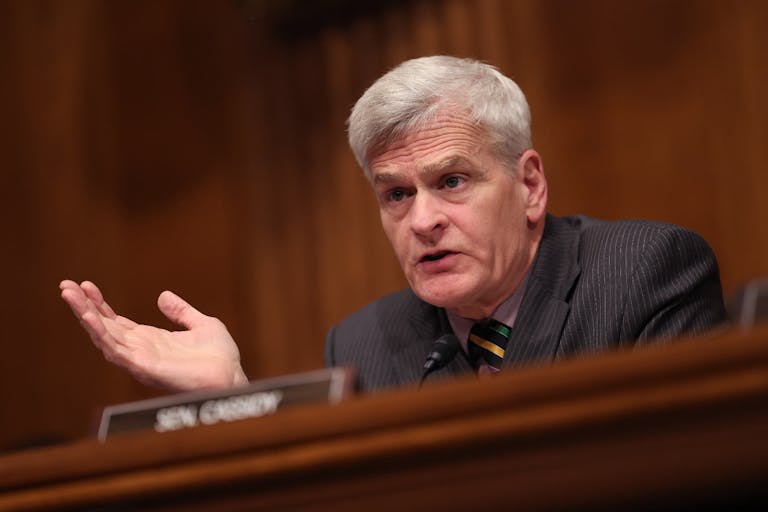
Senate committee to examine risks of chemical abortion drugs
Mark Wiltz
·
States continue to pass pro-life legislation
According to the New York Times, more pro-life legislation has been introduced into state legislatures than ever before, and twenty-four pro-life laws have already been passed this legislative year.
Of the eleven states passing pro-life legislation so far, there are a couple that are notable. Readers of this site have already heard of the landmark legislation passed by Nebraska, which is likely to go to the Supreme Court. It bans abortions after 20 weeks on the grounds that the fetus can feel pain at that age, and is noteworthy because it actually takes into account the best interest of the unborn baby. If it is allowed to stand, it will seriously undermine Roe vs Wade’s complete ban on abortion restrictions. With new justice Sonia Sotomayor currently a bit of an unknown when it comes to abortion, there is an outside possibility that it would, in fact, stand.
The other notable state is Tennessee, which passed its first pro-life legislation in seven years. Other than the law that several states have passed that ban abortion funding through state health insurance exchanges, Tennessee passed a law that “requires clinics to post signs stating it is illegal to coerce a woman to have an abortion.”
Ultimately, the goal of the pro-life movement has to be a constitutional amendment. Legislation is too malleable and subject to the whims of states. Even when Roe is overturned, the result of that will likely be a spectrum of state abortion laws, from outright bans in conservative states, to some restrictions in moderate states, to no restrictions in liberal states. Even federal legislation could be overturned by a tremendously liberal majority.
However, the current work at the state level is tremendously important for several reasons. First, when one state comes up with a creative way to challenge or circumvent Roe, other states often follow suit and adopt the legislation as well. Secondly, if there is ever going to be a constitutional amendment, we will need three-fourths of the states, since getting a supermajority in the U.S. Senate and House of Representatives is a long shot at best. The more restrictions states place on abortions, the more likely they become to support a personhood-type amendment. The fact that there is so much progress at the state level is very good news for the pro-life cause.
Live Action News is pro-life news and commentary from a pro-life perspective.
Contact editor@liveaction.org for questions, corrections, or if you are seeking permission to reprint any Live Action News content.
Guest Articles: To submit a guest article to Live Action News, email editor@liveaction.org with an attached Word document of 800-1000 words. Please also attach any photos relevant to your submission if applicable. If your submission is accepted for publication, you will be notified within three weeks. Guest articles are not compensated (see our Open License Agreement). Thank you for your interest in Live Action News!

Mark Wiltz
·
Opinion
Angeline Tan
·
Issues
Angeline Tan
·
Guest Column
Emily Berning
·
Opinion
Nancy Flanders
·
Opinion
Mark Wiltz
·